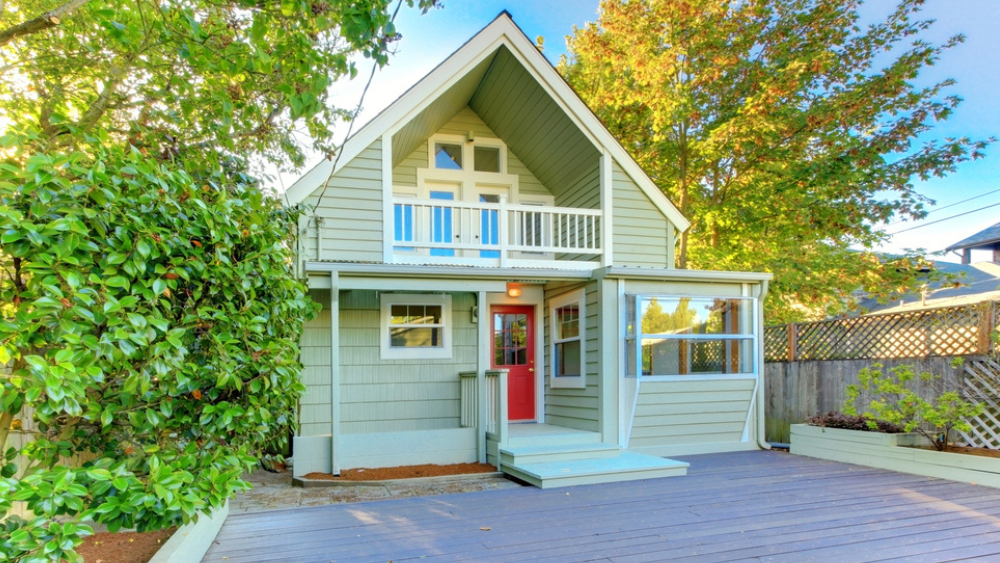Thinking about using a hard money loan to finance your next real estate investment in West Palm Beach?
These loans offer quick funding and flexible terms, making them a popular choice among investors looking to capitalize on the opportunities in competitive markets, where property typically changes hands quickly.
Whether you’re eyeing a fixer-upper in Flamingo Park or considering a commercial property along Clematis Street, hard money loans might be your solution.
This guide will explain everything you need to know about hard money lenders in West Palm Beach, helping you make an informed decision that aligns with your investment goals.
Through our Buy Before You Sell program, HomeLight can help you unlock a portion of your equity upfront to put toward your next home. You can then make a strong offer on your next home with no home sale contingency.
What is a hard money lender?
Hard money lenders are private investors or companies that offer short-term loans secured by real estate. They cater to clients like house flippers, real estate investors, and those who need quick financing but may not qualify for traditional loans. Unlike traditional lenders, hard money lenders focus on the after-repair value (ARV) of a property, which is the estimated value of the property after renovations.
Interest rates and fees for hard money loans are typically higher due to the increased risk. Rates can range from 8% to 15%, with origination fees often between 1% to 5% of the loan amount. If a borrower fails to repay the loan, the lender can seize the property to recover the investment.
How does a hard money loan work?
When considering a hard money loan in West Palm Beach, it’s essential to understand how these loans operate. Here are the main points:
- Short-term loan: Hard money loans are designed to be short-term, usually six months to a few years, unlike a 30-year mortgage.
- Faster funding option: These loans can be processed much quicker than traditional mortgages, often within a few days compared to the typical 30 to 50 days.
- Less focus on creditworthiness: Hard money lenders are more interested in the value of the property rather than the borrower’s credit score.
- More focus on property value: The primary consideration for loan approval is the property’s loan-to-value ratio, not the borrower’s financial history.
- Not traditional lenders: Hard money lenders operate outside traditional banks and financial institutions, offering more flexibility.
- Loan denial option: The loan can be denied if the property’s value doesn’t meet the lender’s criteria.
- Higher interest rates: Due to the increased risk involved, these loans have higher interest rates, typically ranging from 8% to 15%.
- Might require larger down payments: Borrowers might need to put down a substantial amount, often between 20% to 30%, to secure the loan.
- More flexibility: Hard money loans offer more flexible terms than conventional loans, catering to investors’ specific needs.
- Potential for interest-only payments: Some hard money loans allow for interest-only payments, with the principal paid at the end of the term.




